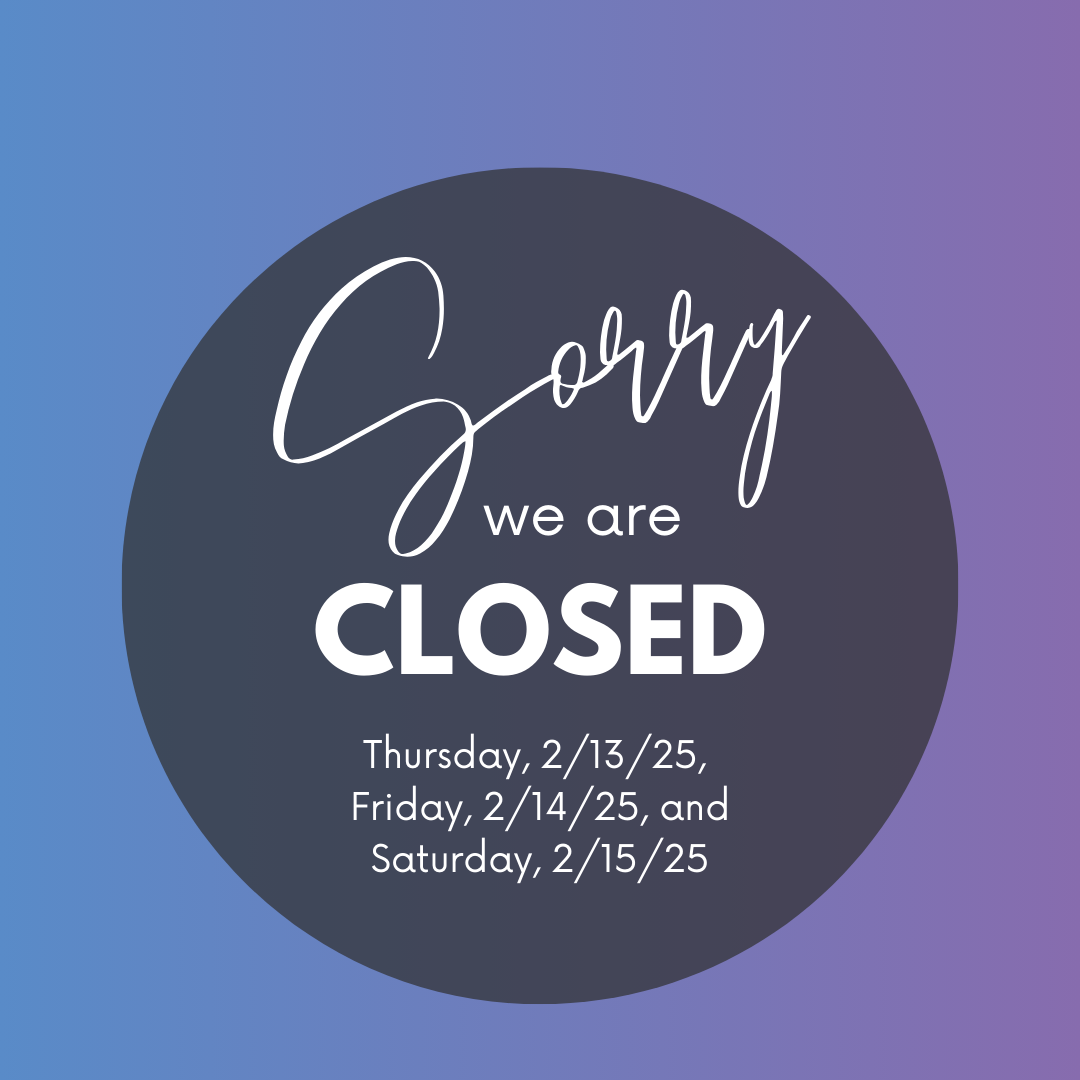
Myopia affects millions of people worldwide, causing a blurring of distant objects while close objects remain clear. It occurs when the eye grows too long from front to back, causing light to focus in front of the retina instead of directly on its surface. The result is blurred vision that can range from mild to severe, significantly affecting our daily lives. However, with the right strategies and interventions, we can slow down its progression and reduce the risks of associated complications.
The Importance of Slowing Down Myopia Progression
It's crucial to understand the importance of slowing down the progression of myopia. This condition often starts in childhood and progresses until early adulthood, with the potential to significantly impact a person's quality of life. For instance, a child with high myopia may struggle in school due to vision problems, while an adult with progressive myopia could face job limitations and increased risk of serious eye diseases.
The higher the degree of myopia, the greater the risk of developing eye health complications. Consequently, slowing down myopia's progression is not just about improving vision; it's about safeguarding overall eye health.
Understanding Myopia Management
To effectively manage myopia, it's important to start early. This means identifying the condition in children and implementing strategies that can slow down its progression as they grow. Early intervention can make a significant difference in managing myopia and protecting a child's vision.
Currently, there is no cure for this condition. Instead, it's about slowing down its progression and reducing the risk of associated complications.
Common Myopia Management Methods
There are several common myopia management methods, each with its own strengths and considerations. These methods include lifestyle changes, specifically designed eyeglasses and contact lenses, and pharmaceutical interventions.
Lifestyle changes, such as spending more time outdoors and limiting near-work activities, can play a significant role in managing myopia. Studies have shown that children who spend more time outdoors are less likely to develop myopia, and if they already have it, their progression rate is slower. Similarly, taking regular breaks from near-work activities like reading and screen time can help reduce eye strain and slow down myopia's progression.
Special eyeglasses and contact lenses designed for myopia control are another effective method. These devices work by changing how light is focused on the retina, reducing the stimulus for myopia progression. They can be an excellent option for children as they are non-invasive and easy to use.
Pharmaceutical interventions, such as low-dose atropine eye drops, have also been shown to slow down myopia progression effectively. However, these should be used under the supervision of an eye care professional due to potential side effects.
Medical Interventions in Myopia Management
Medical interventions form a crucial part of myopia management. They offer an effective way to slow down the progression of myopia, particularly in children with rapidly progressing myopia.
One of the most common medical interventions is the use of low-dose atropine eye drops. Atropine has been used for several years in eye care, and recent studies have shown that a low-dose of this medication can slow down the progression of myopia in children.
Orthokeratology, or "ortho-k," is another medical intervention used in myopia management. This involves wearing specially designed contact lenses overnight that temporarily reshape the cornea, reducing myopia progression.
The Role of Regular Eye Exams
Regular eye exams play a pivotal role in myopia management. These exams allow an eye care professional to monitor the progression of myopia and adjust the management strategy as needed. They also enable early detection of myopia, which is crucial for implementing effective management strategies.
For children, regular eye exams are particularly important. Since myopia often begins in childhood, early detection and management can significantly slow down its progression and protect the child's vision.
Regular eye exams also allow for the detection and management of other eye conditions that may be associated with myopia, such as glaucoma and cataracts. This comprehensive approach ensures overall eye health and vision protection.
Taking Control of Myopia
Myopia is a common eye condition with potential serious complications. However, with a clear understanding of myopia management, we can take control of this condition and slow down its progression.
The importance of slowing down myopia's progression cannot be overstated. It's not just about improving vision; it's about protecting overall eye health. Through a combination of lifestyle changes, specially designed eyewear, pharmaceutical interventions, and regular eye exams, we can manage myopia effectively.
To learn more about myopia management strategies, visit Vision Concept at our Houston, Texas, office. Please call (281) 688-6400 to schedule an appointment today.











